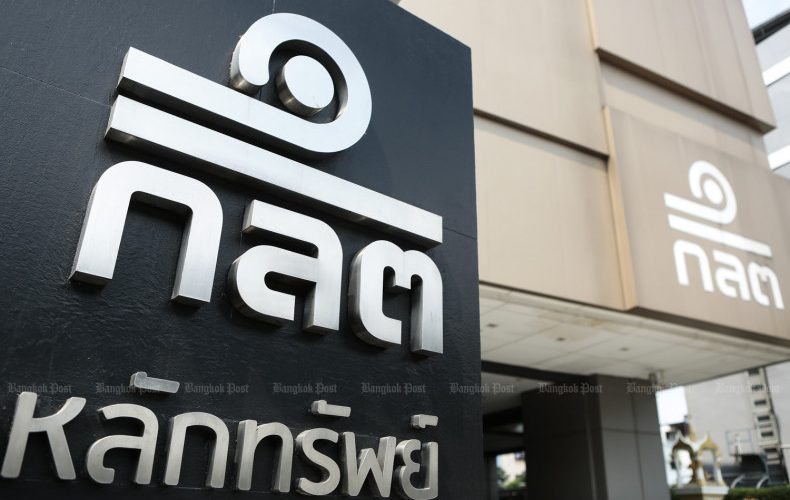The Thailand Securities and Exchange Commission (SEC) has introduced significant updates to its ESG Product Platform, furthering its mission to promote sustainable and responsible investment (SRI) funds. The improvements provide detailed insights into Retirement Mutual Funds (RMF), Savings Mutual Funds (SSF), and Thai ESG funds, empowering investors and the public with reliable and up-to-date information on sustainable financial products.
The platform, first launched in January 2023, now includes key metrics for SRI funds, such as net asset value (AUM), the number of funds, and the asset management companies overseeing them. All data will be updated daily at the close of business, ensuring accurate and timely information for investors seeking sustainable investment opportunities.
“This enhancement enables capital market participants and the general public to access information on sustainability-focused financial products more conveniently,” said Pornanong Budsaratragoon, Secretary-General of the SEC.
The SEC has categorised SRI funds based on tax benefits, making it easier for investors to evaluate and compare options. These categories include RMFs, SSFs, and Thai ESG funds, which have grown in popularity due to their alignment with sustainable investment goals.
Looking ahead, the SEC plans to further refine the ESG Product Platform by classifying Thai ESG funds that invest in listed companies committed to corporate value enhancement and sustainability goals.
This update follows the SEC’s recent decision to expand the range of eligible assets for Thai ESG funds. Investments can now include shares of listed companies that have disclosed strategies for improving governance and increasing business value, encouraging firms to prioritise sustainability in their operations.
“The SEC’s goal is to make the ESG Product Platform a trusted resource for investors, enabling informed decisions and building confidence in sustainable financial products,” Budsaratragoon added.
These updates are expected to strengthen the capital market’s efficiency and reliability while promoting sustainability. By providing transparent and easily accessible data, the SEC aims to encourage broader participation in sustainable investments and support the transition to a more inclusive financial ecosystem.





















